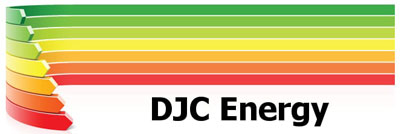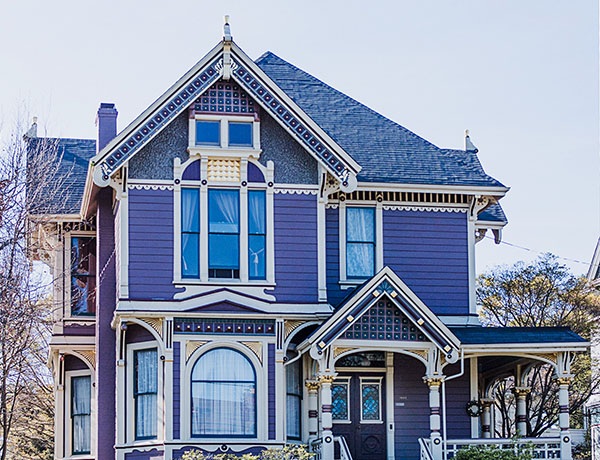Legionella Risk Assessments are carried out to assess the risk of contracting Legionnaire’s disease from water within a property. Stroma certified Legionella Risk Assessors are trained to complete these assessments to a competent level.
Domestic hot and cold water systems can provide an environment for legionella bacteria to grow and cause Legionnaire’s disease – a potentially fatal form of pneumonia caused by inhaling droplets of contaminated water.
Below are some important facts to keep in mind when carrying out Legionella Risk Assessments:
1. Hot & Cold Water Systems
Water should not be allowed to stagnate within the property. All outlets should be run at least once a week to avoid the build-up of bacteria in the pipework. Hot water should remain hot. Cold water should remain cold.
- Hot water should be heated and stored at 60°c and come out of the taps at 50°c after being run for 1 minute. If this is not the case, tenants can turn up the boiler/storage tank and should contact their Landlord/Managing Agent if it is on a maximum setting. The tenant should not interfere with any other aspect of the boiler settings or hot water system.
- Cold water should not be above 20°c after being run for 2 minutes.
- Any water within the property should not be discolored or contain any debris.
2. Showers
- If showers are only used occasionally, tenants should flush them through for at least two minutes every week and avoid being in the vicinity when doing so. A good tip is to place the shower head in a plastic carrier bag and run the water once the head is covered.
- The showerhead and any shower hose should be cleaned and disinfected every three months to keep it free from scale and mould.
- If a property is vacant for a significant amount of time, the hot and cold water systems should be flushed through by running all outlets for at least two minutes upon reoccupation.
REMEMBER
Legally, it is the Landlord’s/Managing Agent’s responsibility to take precautions to avoid legionella being present in the water systems. However, tenants and residents also have an important part to play in taking these simple precautions.

